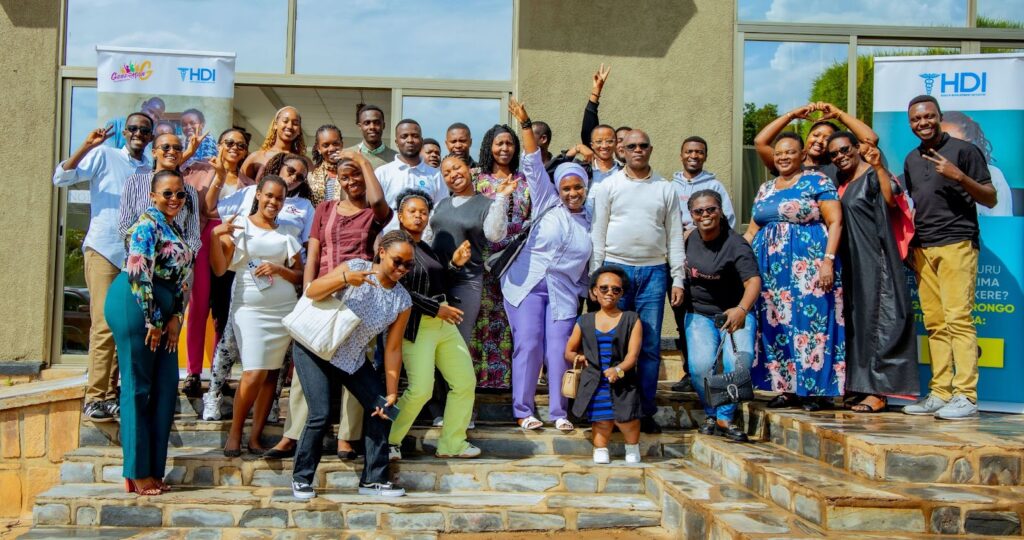
In a bold and timely effort to confront a sensitive cultural issue, a two-day intergenerational dialogue was recently held to unpack the complex realities of labia elongation and its impact on the rights and well-being of minor girls in Rwanda. Often viewed as a traditional rite of passage, this practice remains deeply rooted in cultural norms, yet raises serious health, psychological, and legal concerns, particularly when performed on children.
The event brought together a wide range of participants, including civil society actors, legal experts, medical professionals, cultural leaders, and youth advocates. By examining the practice through a human rights lens, the dialogue aimed to foster inclusive, cross-generational conversations and develop collective strategies to address the issue. It was a rare and necessary platform that broke the silence surrounding labia elongation, making space for nuanced reflection and community-driven solutions.

Central to the dialogue was the goal of raising awareness about the far-reaching implications of labia elongation. From the medical risks and psychological trauma to the legal gaps and social pressure placed on young girls, the discussions highlighted the urgent need for more comprehensive protections. Equally important was the effort to encourage mutual understanding between older and younger generations—an essential step in transforming cultural norms while respecting the fabric of Rwandan society.
Despite growing awareness, silence and stigma continue to be major barriers. Many communities still find it difficult to talk openly about the practice, leaving girls isolated and unable to seek support. This secrecy perpetuates harm and obscures the need for intervention. The dialogue revealed a critical tension between cultural legitimization and human rights: while some elders defend the practice as tradition, it conflicts with the fundamental rights of minors, particularly the right to informed consent and bodily autonomy.
One of the most urgent insights to emerge was the absence of specific legislation in Rwanda addressing labia elongation in minors. This legal vacuum exposes children to unregulated and often dangerous procedures, with no clear protections in place. Addressing this gap will require targeted policy reform and stronger advocacy from stakeholders across the board.

Perhaps one of the most powerful moments of the dialogue was witnessing the generational exchange. Conversations between youth and elders revealed a gradual shift in perception, with some older participants acknowledging the need to rethink traditional practices in light of modern understandings of health and human rights. This mutual respect and shared learning underscored the value of intergenerational dialogue as a tool for social transformation.
To build on the momentum of this dialogue, several key actions were recommended. There is a clear need for strategic research to better understand how labia elongation is practiced today and to generate data that can inform interventions. Engaging men and boys in these conversations is also crucial—they must be part of the solution in challenging harmful norms and promoting gender equity. Ongoing community engagement will be vital. Organizing regular forums and workshops can ensure the conversation continues, while also creating safe spaces for survivors and affected families to share their experiences. On the policy front, there is a strong call for lawmakers to explicitly address harmful traditional practices in child protection laws. Without legal clarity, the rights of young girls remain at risk.
Finally, awareness campaigns must be amplified. Using culturally sensitive messaging, outreach efforts should involve schools, religious institutions, and media to reach a wider audience. By reshaping public understanding, these campaigns can help dismantle stigma and empower communities to protect girls from harm. The dialogue concluded on a hopeful note. While the practice of labia elongation poses significant challenges, the willingness to confront it openly marks an important shift. Through continued dialogue, collaborative advocacy, and evidence-based strategies, Rwanda can move closer to eliminating harmful traditional practices and ensuring the health, dignity, and rights of all girls.
